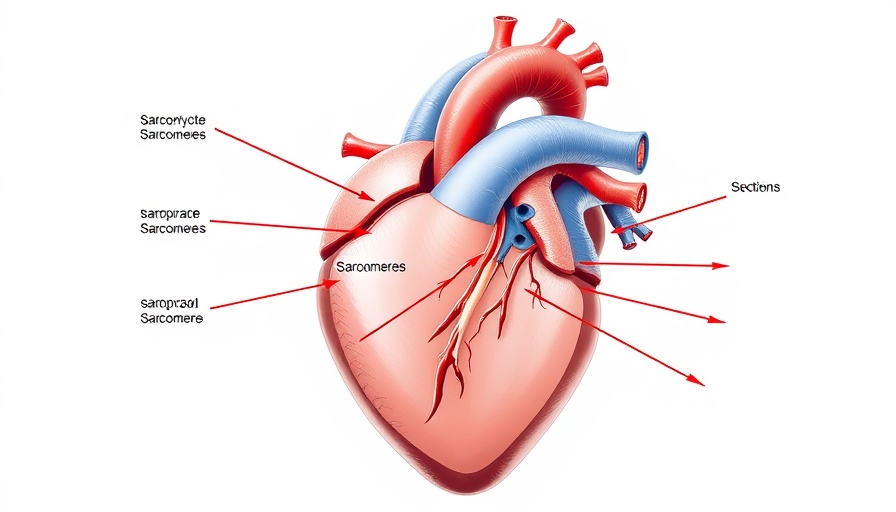
Understanding the Doppler Effect in Fetal Monitoring
The advancement of fetal heart monitoring through Doppler technology represents a significant leap forward in perinatal care, helping both expectant mothers and healthcare providers monitor fetal health more effectively. Doppler fetal monitoring utilizes ultrasound waves to detect the heart rate of the fetus, providing essential information that can inform maternity care decisions. This method has not only enhanced the accuracy of fetal assessments but also increased the comfort and safety experienced by mothers.
Benefits of Fetal Heart Monitoring
One of the considerable advantages of Doppler monitoring is early detection of potential complications, allowing for timely interventions. For instance, if a fetus shows signs of distress or abnormality in heart rate patterns, healthcare providers can develop personalized care plans to address these issues. This proactive approach serves to enhance outcomes for both mothers and infants, aligning with contemporary practices emphasizing preventive healthcare.
The Human Element: Stories Behind the Technology
Beyond the technical benefits, Doppler fetal monitoring shines a light on the human stories enveloped in every pregnancy. Many mothers share heartwarming experiences of hearing their baby’s heartbeat for the first time. These moments build emotional connections and provide reassurance during what can be a stressful time. Understanding the science behind these heartbeats empowers mothers and creates a sense of participation in their care.
Integrating Telemedicine for Better Accessibility
In the era of digital healthcare, integrating telemedicine with fetal heart monitoring is paving the way for broader access and convenience. Expectant mothers can now attend appointments remotely, which is especially beneficial for those living in remote areas. Telemedicine tools allow mothers to consult with specialists in a timely manner, fostering a supportive relationship and minimizing anxiety related to prenatal care.
Future Insights: The Evolution of Perinatal Health Monitoring
Looking ahead, the future of perinatal health monitoring is set to expand with technological advancements. We can expect innovations such as wearable health devices that continuously track fetal heart rates, offering real-time data to parents and healthcare providers alike. This evolution will not only enhance maternal and fetal safety but also empower families by involving them in the health journey.
Final Thoughts: Why This Matters
The integration of Doppler fetal monitoring in perinatal care is not merely a technical advancement; it embodies a commitment to better maternal and child health. Embracing these technologies underscores the importance of making healthcare more accessible and personalized. By staying informed and involved, mothers can make proactive decisions that contribute positively to their pregnancies.
 Add Row
Add Row  Add
Add 




 Add Row
Add Row  Add
Add 

Write A Comment